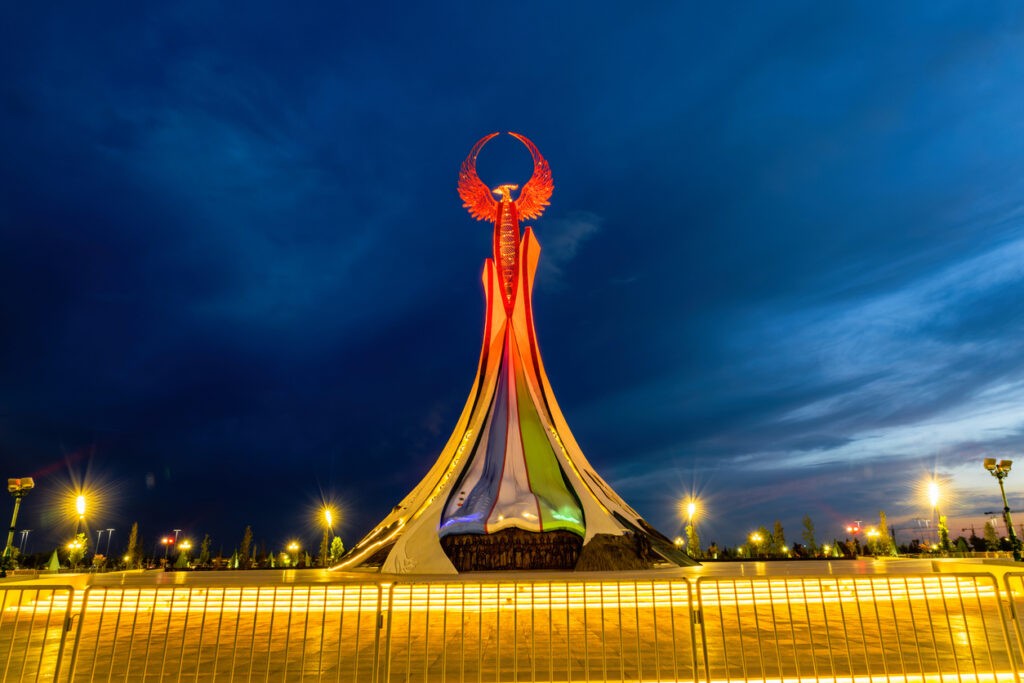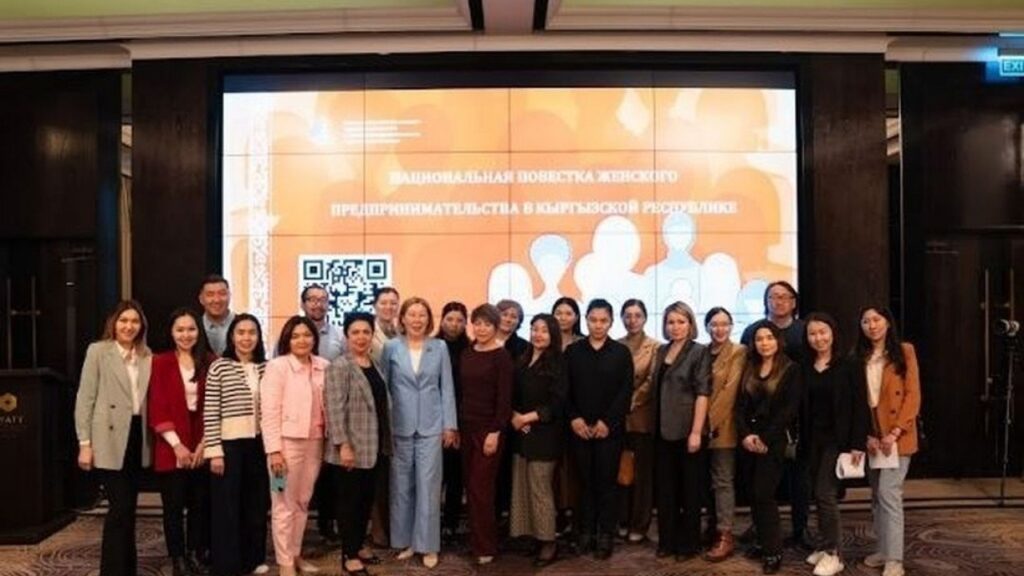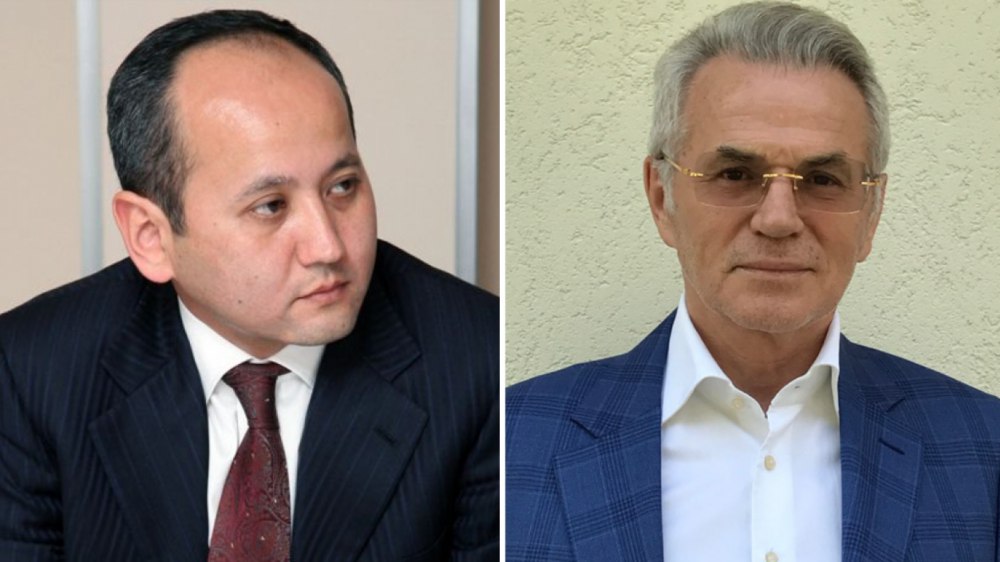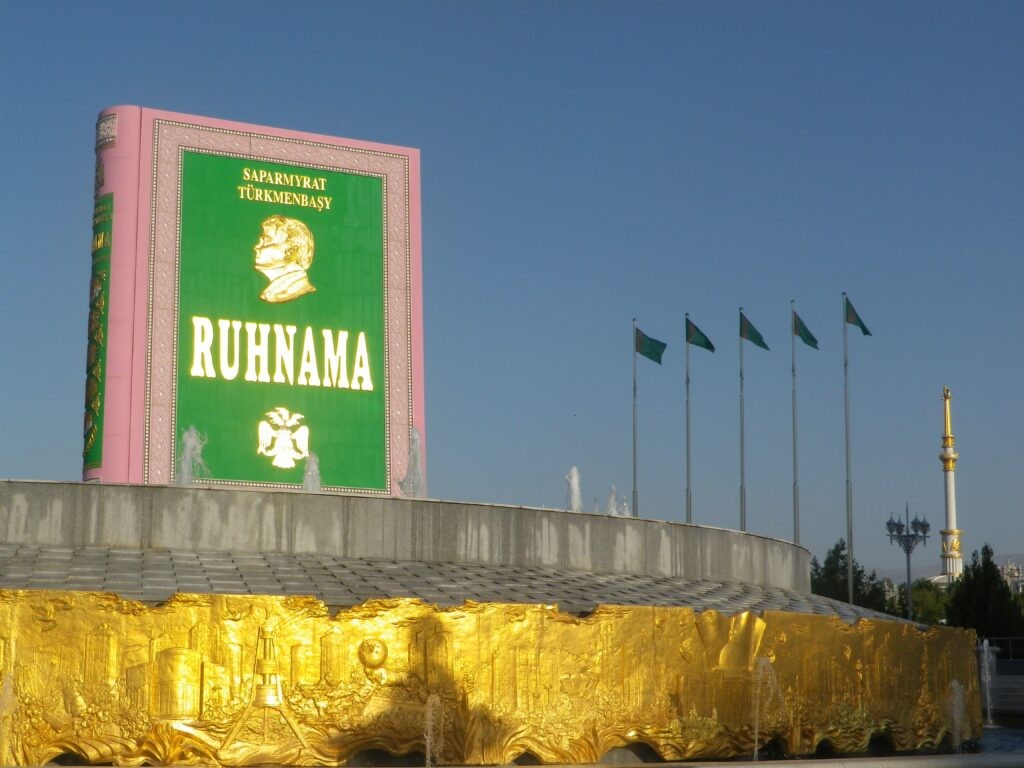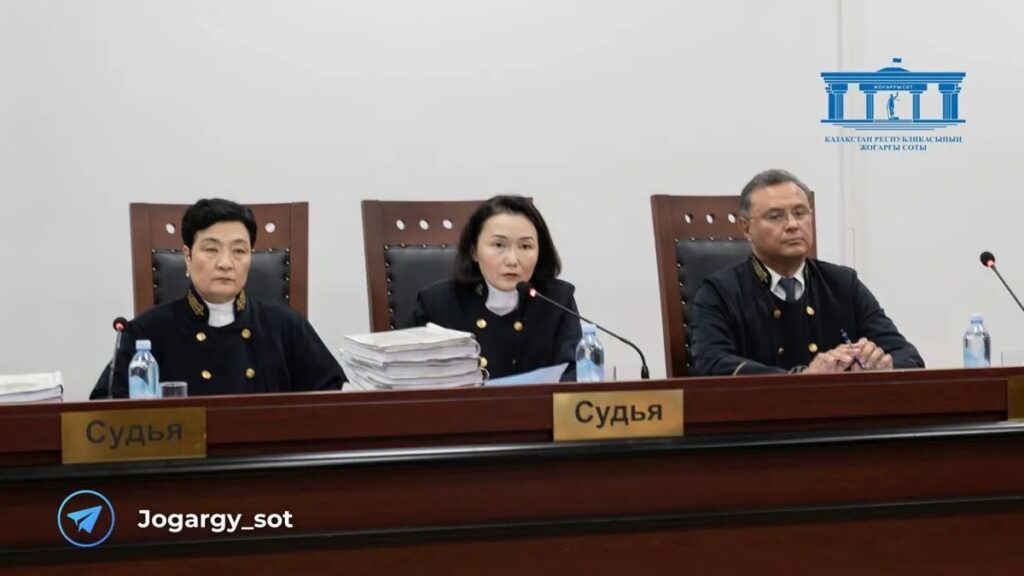Kazakhstan has secured a victory in the United States against Felix Sater and his companies, which were involved in investing money stolen by Mukhtar Ablyazov from BTA Bank. The jury in the U.S. District Court for the Southern District of New York awarded over $32 million in favor of BTA and the city of Almaty. In addition, the Kazakh oligarch and former Mayor of Almaty and Minister of Emergency Situations, Viktor Khrapunov, was reported by BTA's press service to have caused multi-billion-dollar damages through his actions. After a three-week trial, the jury recognized BTA Bank and the city of Almaty as victims of Sater's unlawful activities, which included the misappropriation of property, unjust enrichment, and obtaining money fraudulently. The compensation awarded exceeded the requested amount, totaling more than $32 million including interest. The trial, which began on June 10, 2024, demonstrated that Mukhtar Ablyazov abused his position at BTA Bank by issuing fictitious loans worth billions of dollars, leading to the bank’s collapse. At the time, BTA was the third-largest bank in Kazakhstan. Ablyazov also privatized state land and sold it at undervalued prices to companies he controlled. In addition, the Khrapunov's fraudulent actions, meanwhile, caused over $300 million in damages to Almaty, leaving significant urban land undeveloped, whilst other assets were sold to the Khrapunovs shell companies for significantly less than their market value through fictitious tenders. Evidence presented in court showed that Ablyazov and Khrapunov combined their stolen funds, with Ilyas Khrapunov, Viktor’s son and Ablyazov’s son-in-law, accused of laundering a substantial part of these funds. In September 2018, a UK court fined Ilyas Khrapunov $500 million for helping Ablyazov breach an asset freezing order. The Bayrock Group, Inc., Global Habitat Solutions (both owned by Sater), and MeM Energy Partners LLC (owned by Mendel Mochkin) were found to have facilitated the laundering of the stolen money into the U.S. financial system. The jury determined that Sater and Mochkin knowingly laundered the funds stolen by Ablyazov and Khrapunov. Additionally, the jury, having been presented with comprehensive evidence of Ablyazov's fraud against BTA Bank, returned a unanimous verdict against his co-conspirators. For the first time, a U.S. jury also unanimously ruled in favor of the city of Almaty concerning fraud committed by Viktor Khrapunov. Sater was not the only defendant in the asset laundering case. Daniel Ridloff and RRMI-DR LLC were also ordered to return assets to BTA and the Almaty Akimat. Ferrari Holdings LLC, another defendant, is in default, but Almaty Akimat and the bank plan to seek a judgment against it. In Kazakhstan, in 2018 Mukhtar Ablyazov was sentenced in absentia to life imprisonment for organizing a murder and embezzling funds from depositors of BTA Bank. In the same year, Viktor Khrapunov and his wife, Leila Khrapunova, were also sentenced in absentia to 17 and 14 years in prison, respectively. Back in December 2022, the Southern District Court in New York ruled against Ablyazov and his associates in the amount of $218 million. In total, Ablyazov stands accused of...
